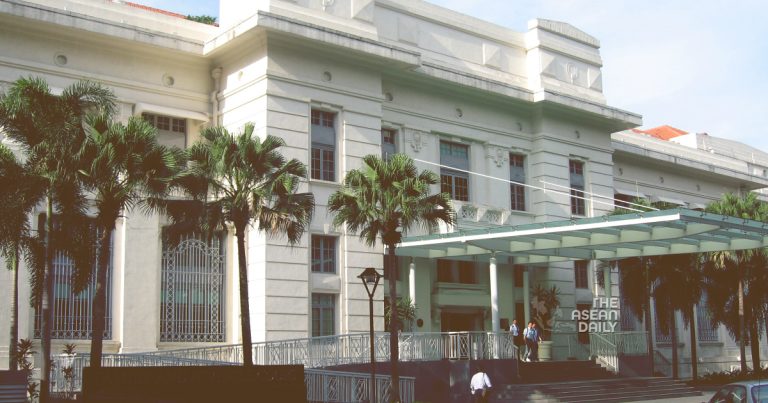16-6-2023 (SINGAPORE) The Singapore Family Court recently handled a complex case involving the division of matrimonial assets between a bankrupt man and his ex-wife. Despite the challenges posed by the man’s bankruptcy, the court allowed the inclusion of a matrimonial flat in the pool of assets to be divided. This decision was based on the unique nature of Housing Board (HDB) properties, which are typically exempt from insolvency laws due to their status as public housing in Singapore.
In a judgment released on Friday (Jun 16), District Judge Kevin Ho ordered the sale of the flat, with the ex-wife set to receive S$100,000 (US$74,808) from the proceeds. Additionally, she will receive approximately S$219,000 by transferring funds from her ex-husband’s Central Provident Fund (CPF) account to hers.
After assessing the man’s monthly income over the past few years to be around S$2,000, the judge also ruled that he must pay his ex-wife S$300 per month for maintenance over a four-year period. Furthermore, the bankrupt individual is required to provide an additional S$800 per month for the maintenance of their two children, aged 17 and 12.
The Case: The couple got married in 2006 and divorced in 2022. They agreed on joint custody, with the woman having care and control of the children, while visitation arrangements were established for the man.
However, disagreements arose regarding the division of matrimonial assets and whether the man should provide maintenance for his ex-wife and children.
The judge referenced a High Court case that addressed the relationship between a bankrupt spouse’s insolvency and the Family Court’s authority to divide matrimonial assets.
When a spouse is declared bankrupt before the division of matrimonial assets under the Women’s Charter, the bankruptcy creates a significant challenge as the assets of the bankrupt spouse are vested in the Official Assignee under the Bankruptcy Act. This prevents the family court from issuing any orders that would impact the vested assets.
However, certain assets are generally “protected” and exempted from automatic vesting, including the bankrupt person’s HDB property and CPF monies.
In this particular case, only the funds in the man’s CPF account, a UOB bank account, and the matrimonial HDB flat were considered part of the matrimonial pool.
The UOB account funds were included because the remaining monthly income of a bankrupt individual, after deducting the monthly contribution to creditors, is typically not considered part of the bankrupt’s estate.
Exemption of the HDB Flat: “The only reason why the matrimonial flat remained outside of the bankrupt’s estate was because the Housing and Development Act expressly excluded the vesting of such properties when the husband was made bankrupt,” explained the judge.
If the matrimonial home were a private apartment instead, there would be no division as private homes would have already been vested in the Official Assignee upon bankruptcy, added Judge Ho.
“The reason HDB properties are generally excluded from the operation of insolvency law is because of their unique nature as a form of public housing in Singapore,” the judge clarified.
He further stated, “It is the property itself which is protected. If a bankrupt’s HDB flat is sold, his share of the sale proceeds would be returned to him in the form of cash and be subject to the relevant insolvency law regime applicable to him.”
The ex-wife had initially requested a lump-sum maintenance amount of S$324,000 from her ex-husband, based on a monthly sum of S$900 for 30 years.
However, the judge found this request to be unreasonable. Although the woman had previously provided medical certificates certifying her inability to work, these documents had expired in March of this year.
Considering the man’s financial circumstances, the judge ruled that he was unable to fulfill the maintenance sought by his ex-wife.
The woman also claimed that the expenses for the children amounted to S$1,650 per month. However, the judge determined that S$990 was a more appropriate figure. Furthermore, he noted that some of the children’s expenses were being covered through social service assistance.
The ex-wife has filed an appeal against the court’s decision, seeking a review of the ruling.




